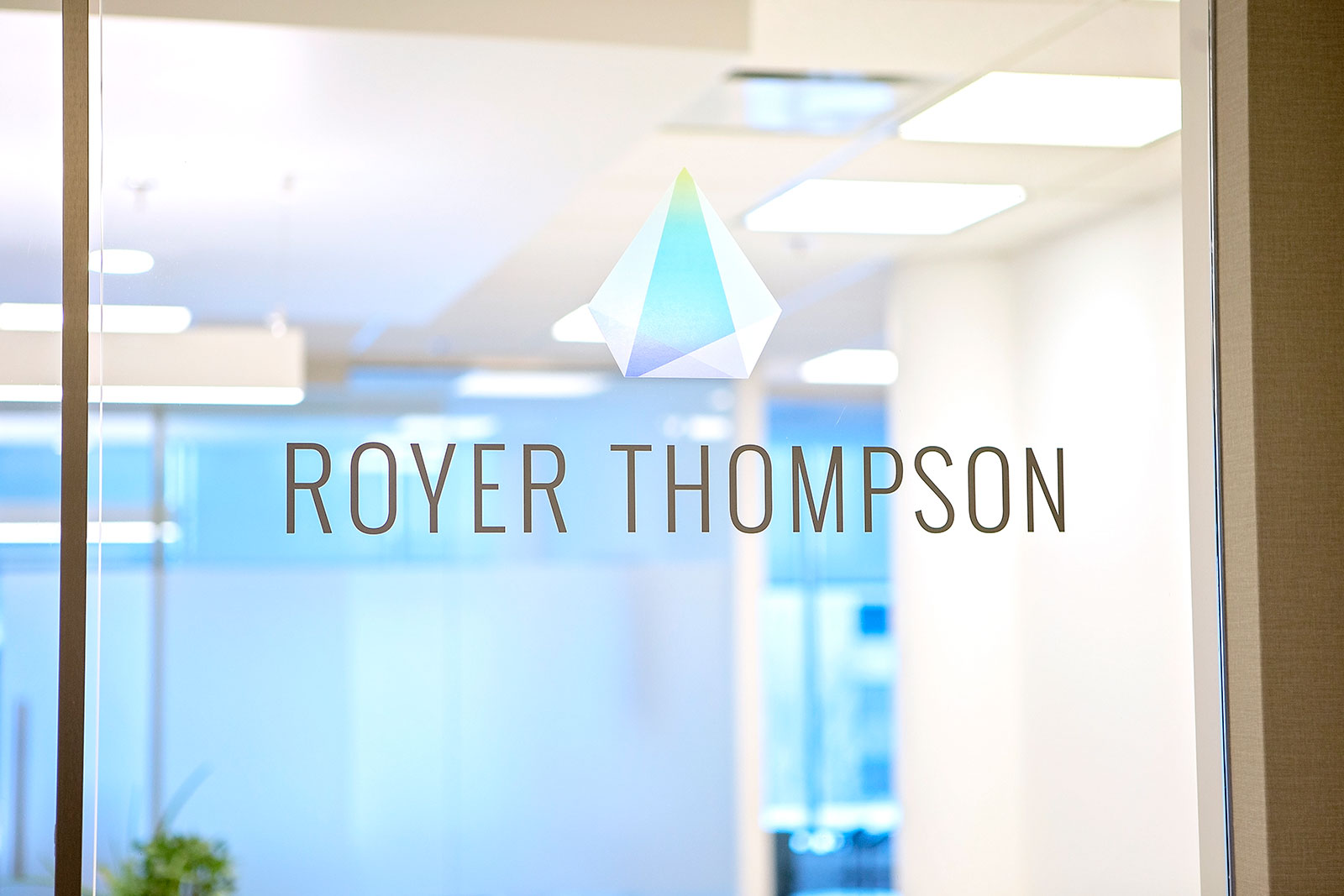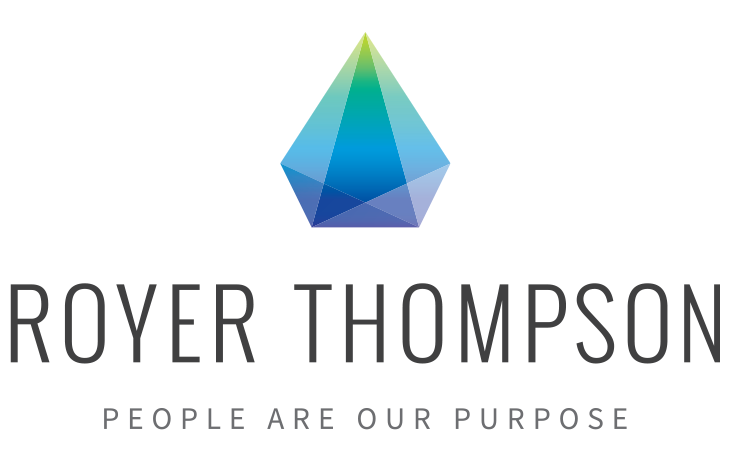
16 Jun Royer Thompson prize for management and leadership StFX – 2023 interview
2023 winner- Hannah George
In achieving this award, you are the top student in your management and leadership studies at StFX. Given all of today’s distractions and many challenges what was the secret to your success?
They say the key to success is loving what you do, and I wholeheartedly believe it. Like many others, I did face significant challenges throughout my studies; from external events and their consequent impacts on my mental health. Fortunately, I have an incredible support network which includes professors who encouraged me to pursue my true passions. This is where my “secret” lies; in my love for management and leadership. I found my niche in business here; the excitement and intense devotion I have for responsible management, ethical leadership and sustainability propelled me forward in my studies. No matter how difficult an assignment, my belief in the importance of this field was the reason I thrived.
As a new graduate what comes next for you in your further studies and/or career?
The next step for me is law school; I begin at the Dalhousie Schulich School of Law in September, 2023. Law has always been my professional aspiration, as I’m very passionate about legal reform and accounting for the historical and current harms caused by systemic discrimination and racism within the Canadian justice system. However, I’m not yet sure that I want to let management and leadership go! Thus, I am considering a joint JD/MBA degree through which I could continue research in areas like corporate socio-political activism in addition to my legal studies.
A strong employer brand is essential to attracting top talent today. What do you look for in an organization as a place you most want to join?
The most important value I look for in an organization is social responsibility. I believe every organization, especially ones with considerable power and resources, are obligated to serve the best interests of all stakeholders; which include its community and the broader natural environment, not just its shareholders. Consequently, I look for organizations with sustainability and responsibility deeply embedded in its values, and those with measures for ensuring transparency and accountability.
From your perspective, what are the most important attributes or skills for leaders to demonstrate?
There are many different ways to be a leader, and many important attributes outside of our historically patriarchal understanding of what leaders look like (e.g., “masculine” traits like aggression, competitiveness, etc.). To me, it’s most important for leaders to demonstrate self-reflection, humility, emotional intelligence, and empathy. In self-reflecting and showing humility, leaders can acknowledge their own shortcomings and mistakes. This builds trust and allows leaders to best utilize the strengths of their followers where possible. Additionally, emotional intelligence and empathy are crucial to building authentic connections, genuinely understanding others’ needs, and tending effectively to stress in the midst of our unpredictable socio-political climate.
Who is your role model and why?
I’m fortunate to have many role models when it comes to leadership, one of which is my former professor Robert Murray at StFX. Professor Murray taught me the importance of being a “self-identified hypocrite” one who acknowledges their own participation in a problem while simultaneously seeking a solution. Complex issues such as climate injustice and irresponsible consumption have complex solutions which necessitate changing the very systems in which we actively participate. Leaders cannot be perfect, and neither can solutions. However, through critical thinking and innovation we can move through ambiguity with resolve, and resist in-action.
The workplace is evolving. Given you are a new grad, what trends are you paying attention to (A diverse workforce, Inclusion, flex work, remote work, technology, etc.) and where do you see things going?
As someone who prioritizes work-life balance, I’m very interested in how flex work and remote work can support equity objectives and build healthier lifestyles. I hope that workplaces continue to encourage accessible solutions and develop more accommodating work environments. After briefly working in the Equity, Diversity, and Inclusion (EDI) area, I also hope to see more organizations putting policy into action. EDI workshops, policies and procedures are important, however it’s also critical to demonstrate commitment to these values in everyday actions. Workplaces must strive to create spaces built on safety and trust, where perpetuations of micro-aggressions are held accountable and commitments to truth and reconciliation are prioritized.

